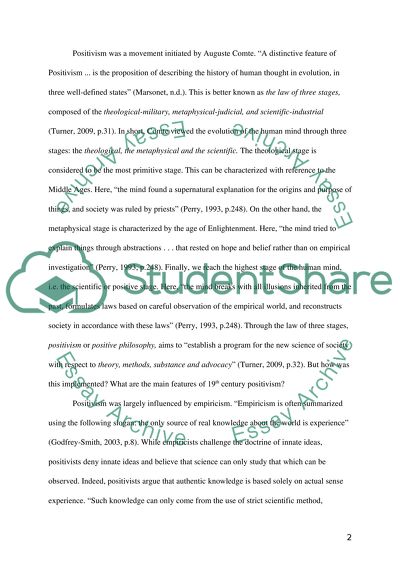Cite this document
(“Positivism and Sociology: Theory and Reality Essay”, n.d.)
Retrieved from https://studentshare.org/environmental-studies/1409996-positivism-and-sociology-theory-and-reality
Retrieved from https://studentshare.org/environmental-studies/1409996-positivism-and-sociology-theory-and-reality
(Positivism and Sociology: Theory and Reality Essay)
https://studentshare.org/environmental-studies/1409996-positivism-and-sociology-theory-and-reality.
https://studentshare.org/environmental-studies/1409996-positivism-and-sociology-theory-and-reality.
“Positivism and Sociology: Theory and Reality Essay”, n.d. https://studentshare.org/environmental-studies/1409996-positivism-and-sociology-theory-and-reality.


